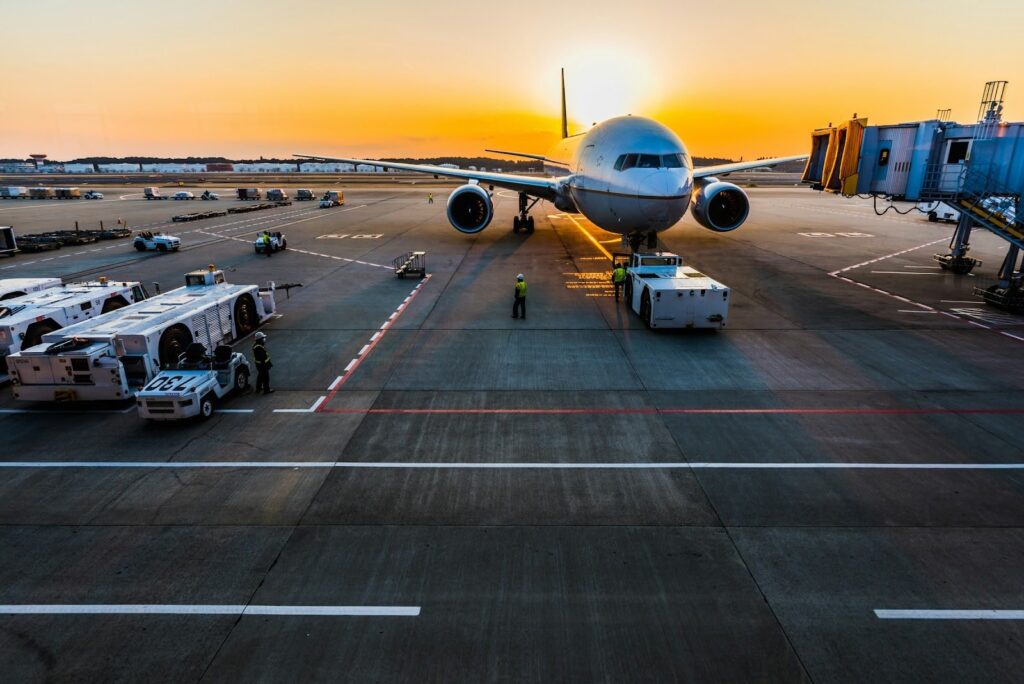Feeling pressured and worried intimidates you and makes you feel uncomfortable, especially if you’re into aviation and it’s your first time. One must know the laws and requirements. Whether you’re stepping into the cockpit as a new pilot, managing an aircraft, or simply curious about the regulatory framework that keeps the aviation industry running smoothly, understanding the maze of laws, regulations, and compliance requirements is crucial.
Aviation is one of the most heavily regulated industries in the world, and for good reason. The safety of passengers, crew, and everyone on the ground depends on strict implementation to these regulations. But it’s not just about safety. The environmental impact of aviation, the security of airports and aircraft, and even the way airlines operate day-to-day are all shaped by a web of laws and regulations that extend across national and international borders.
For those just starting out in aviation, this can be overwhelming. The Federal Aviation Administration (FAA) in the United States, International Civil Aviation Organization (ICAO), and numerous other regulatory bodies have a certain role in defining the standards and practices that must be followed. From airworthiness standards that ensure every aircraft is safe to fly, to the certification requirements that pilots must meet, these regulations cover almost every aspect of aviation.
Compliance is not optional. Every pilot, aircraft owner, airline, and maintenance crew member must adhere to these standards.
For pilots, this means ensuring that your certifications are up-to-date and that you’re familiar with the operational regulations that apply to your flight. For airlines, it means meeting rigorous safety, security, and operational standards that are regularly audited by regulatory bodies.
But what happens if you don’t comply? The consequences can be severe. Non-compliance with aviation regulations can lead to fines, grounding of aircraft, and in some cases, criminal charges. In the worst scenarios, it can result in accidents that lead to loss of life. That’s why understanding and following aviation laws is not just about ticking boxes—it’s about ensuring that the skies remain safe for everyone.
One of the most critical areas of aviation regulation is airworthiness. Airworthiness standards ensure that every aircraft is fit to fly, and these standards are constantly updated as new technologies and practices emerge. This is where regular maintenance and inspections come in. Aircraft must be inspected at specific intervals, and any issues must be addressed before the plane can return to service. Failure to maintain airworthiness can lead to catastrophic failures in flight, making it one of the most heavily enforced areas of aviation law.
Environmental regulations are another key area of focus. The aviation industry is under increasing pressure to reduce its carbon footprint, and regulations are being tightened globally to address this. This includes everything from the types of fuel that can be used to the noise levels that aircraft are allowed to produce. For pilots and airlines alike, staying on top of these regulations is essential, as non-compliance can result in hefty fines and reputational damage.
Security is also a major concern in aviation, especially in the post-9/11 world. Airport security regulations are strict, and airlines must comply with numerous security measures to ensure the safety of passengers and crew. This includes everything from passenger screening procedures to the secure handling of cargo. For those in the aviation industry, understanding and adhering to these security regulations is a non-negotiable part of the job.
In conclusion, navigating the world of aviation laws, regulations, and compliance requirements may seem daunting at first, but it is a necessary part of being involved in the aviation industry. Whether you’re a pilot, an aircraft owner, or work in another aspect of aviation, staying informed about these regulations is key to ensuring safety, compliance, and success in your aviation endeavors. Understanding and following these laws not only keeps you on the right side of the law but also plays an important role in keeping our skies safe and secure.


